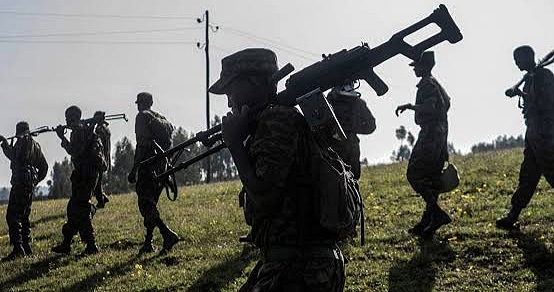By John Ikani
The 2024 Africa Sustainable Development Report by the United Nations Development Programme (UNDP) revealed a 37% surge in armed conflicts across Africa between 2015 and 2022, from 75 to 98, accounting for over half of global conflicts. However, deaths linked to these conflicts dropped significantly.
“Africa has a disproportionately high number of conflicts compared to other regions in the last two decades. In 2022, Africa had about 53.8% of the world’s 182 conflicts. Peace and security remain top priorities,” the report states.
“Despite the high conflict count, the continent has seen a decline in conflict-related deaths. Agenda 2063 aimed for 101 conflict deaths per 100,000 people by 2030. This goal is nearing achievement, with the figure plummeting from 202 in 2013 to 27.93 in 2023,” it added.
The report attributes this progress to a generally calmer security situation across the continent, with exceptions in specific areas.
Several countries have implemented peace initiatives. For instance, Kenya formed peace committees at county and cross-border levels, while the Nyumba Kumi project promotes community policing to reduce crime and enhance security.
Civilian Casualties
The report highlights the human cost of ongoing wars, with significant civilian casualties in 2022. The number of civilian deaths increased during the review period.
“At least 16,988 civilians lost their lives, with women accounting for 20% of victims. The use of heavy weaponry and explosives, including indiscriminate attacks, rose from 13% in 2021 to 39% in 2022, altering conflict dynamics,” the report states.
“Central, East, West, Southern Africa, and Europe accounted for 90% of these deaths, with 40% occurring in Ukraine. Excluding North Africa, Africa saw a 23% rise in conflict-related casualties, mirroring a global trend of increased civilian targeting.”
The UNDP report is a collaborative effort between the African Union Commission (AUC), African Development Bank (AfDB), United Nations Development Programme-Regional Bureau for Africa (UNDP-RBA), and the United Nations Economic Commission for Africa (ECA).


































